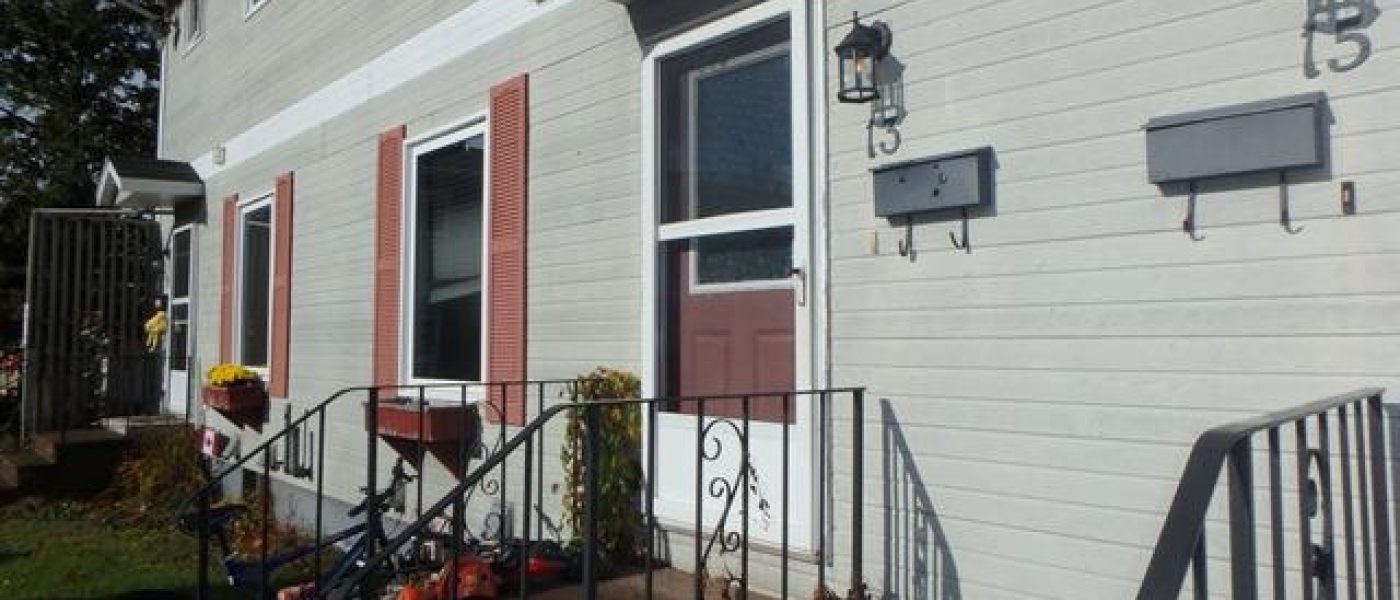
This general outline applies to these deep-subsidy programs, with exceptions noted: Prince Edward Island Non-profit and Pre-86 and Post-85 Urban Native.
Program Objectives
To provide modest, affordable housing that meets the needs of low-income families and individuals (under the Urban-Native Program, those of native ancestry)
Program Features
- A unilateral federal program where Canada Mortgage and Housing Corporation (CMHC) provides funds to bridge the gap between the co-op’s revenues and approved expenses
- The co-op’s duties are to market units and collect housing charges; pay mortgage, taxes and other expenses; verify residents’ incomes; maintain and insure the property; and set aside funds in a conservatively invested capital replacement reserve.
- Agreement in force for the lesser of 35 years, the length of the mortgage or the useful life of the property
- All occupants pay a housing charge geared to income (either the maximum shelter component, if receiving social assistance, or the amount determined through the application of the federal rent-geared to income scale).
- Sub-letting is not permitted.
- Resident incomes verified annually, or more frequently (for the Urban-Native Program, native ancestry also verified annually)
- Annual subsidy from CMHC equal to the difference between the eligible costs and the co-op’s revenues
CMHC Authority under Operating Agreement
- Right to review, change and approve the co-op’s annual operating budget
- Right to request statistical or other reports in whatever form may be required
- Right of access at any reasonable time to audit the co-op, meet with board, staff and committees or obtain information about the co-op’s operations
- Right to inspect the property and require the co-op to improve its maintenance or effect repairs
- Right to suspend or terminate the federal assistance if the operating agreement is breached or the mortgage in default
- Right to prior approval of any management agreement
- Right to require a change in management if the co-op is not well managed and maintained
- Right to ask the co-op to train or replace directors if governance is poor
- Right to approve spending from the capital replacement reserve
- Co-op not to change non-profit status without CMHC’s written approval
- Co-op not to mortgage or encumber property without CMHC’s approval
- Co-op not to sell or otherwise dispose of all or part of its property without CMHC’s approval
- Co-op not to lend its funds or guarantee third-party obligations without approval
Accountability Framework
- Operating agreement
- Annual audited financial statement and filing of Annual Information Return (AIR) and associated documents
- Annual budget submission and approval